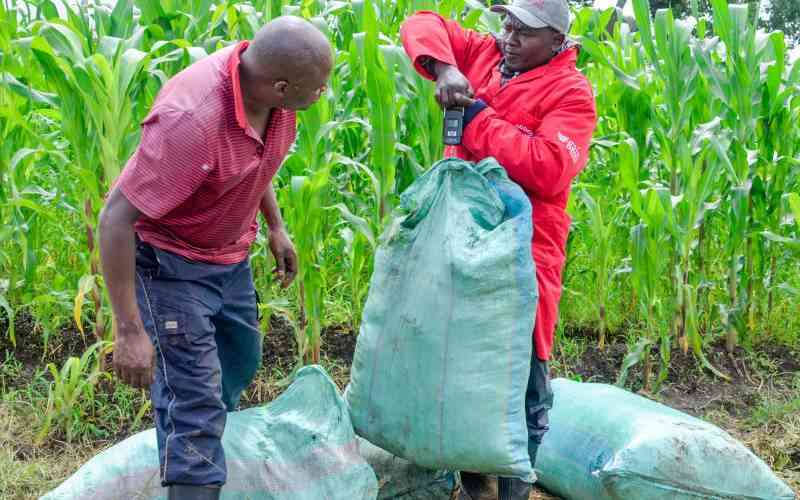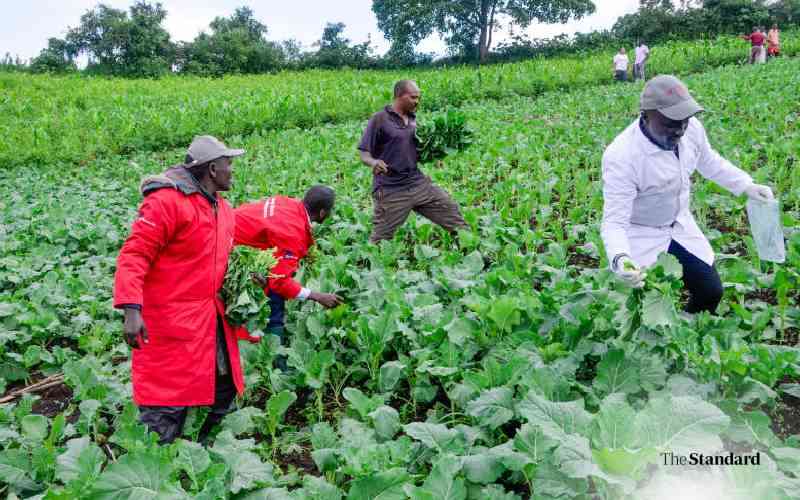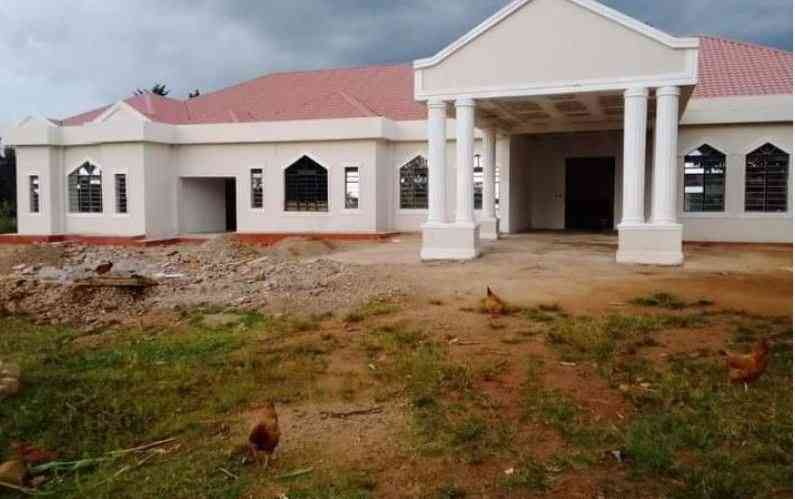
Land related stories hit headlines when disputes get deadly. And they are many. Even blood brothers kill for it. The recent killing of a family of nine in Siaya was due to a land dispute.
Land goes beyond the soil. It is a source of livelihood and heritage. It is a family’s security on which you can sleep pretty even in a shanty. Squatters know what it means to live with possibility of an ambush, and not knowing where else to go.
But cultures have been instrumental in more land injustices. Where I come from, women have no claim to family land. The assumption is when a woman marries, she stands to gain at her new family. Unfortunately, even there, the land never really belongs to her. She might use it for many gains, but not make major decisions on it. It gets worse for a widow, who, more often than not, never mourns her husband to satisfaction before in-laws knock to demand that she, and sometimes her children, vacate, even when it is a homestead. A 2024 study by Bonventure Mwanzi Obeka, and others, dubbed “Influence of Land Ownership Security on Land Use Changes in Mwatate Sub-County, Taita Taveta County, Kenya”, established the link between land ownership rights and unsustainable practices such as deforestation, and bush clearance for human settlement and cultivation.
Others were over reliance on agriculture for livelihood, while at the same time using poor farming methods, risking the crucial biodiversity hot spot in the focus county, which is approximately 62 per cent under a national park.
The study established insecure land ownership among 85 per cent of the 301 homesteads sampled, with up to 64.1 per cent occupying inherited parcels, but without titles. They concluded thus: “Insecure land ownership influenced agricultural expansion, deforestation, clearing of land for human settlement, and the type of farming techniques adopted by farmers.”
This confirms that without ownership, one cannot make such major, or long-term decisions as whether to install expensive irrigation equipment, use mechanised agriculture, or even try agroforestry. Some of these would be critical for the smallholder farmers who, according to FAO, produce nearly 70 per cent of food consumed in Africa. Instead, they may engage in deforestation, encroachment on wildlife habitats, overgrazing and unchecked extraction, all which are detrimental to land quality, and biodiversity. Women, including widows, are a crucial force in food production as small-scale farmers.
For a continent where biodiversity loss, hunger and related nutritional issues, exacerbated by effects of climate change, are becoming the order of the day, change for the better must start. The Maputo Protocol, ratified by at least 44 of the 55 African states, demands equal land rights, including for widows in Africa, who studies show were at least 24 million by 2015, with up to half of them aged below 60. Recent and ongoing conflicts in the SAHEL, the DRC and Horn of Africa, climate disasters as well as Covid-19 pandemic and Ebola, may have worsened the figures.




For social justice and strategy for climate adaptation, widows should be set free to access, decide and work on the land left at their disposal by their deceased husbands. Culture can be rich, but some have proven harmful, and inclusive participation has led to near elimination of some of them, including female genital mutilation. Anyone sure of the status of the ownership of the land at their disposal will decide on its use accordingly, some of which would boost food security and conservation.
Policy change and strengthening, where appropriate, is crucial, as the world marks International Widow’s Day this Monday.
The writer is a contributing editor at Mongabay.